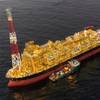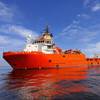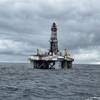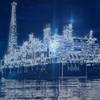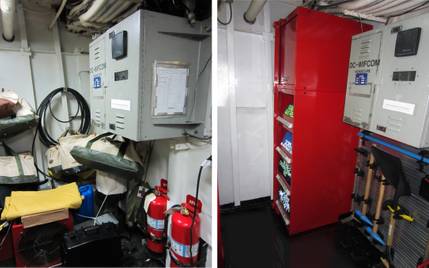ABS Chairman and CEO Frank J. Iarossi reported a solid financial performance for 2000 with consolidated gross revenues of $357.9 million, an 18.2 percent increase - or more than $55 million - over the previous year. This was achieved even though the class society continued its moratorium on fee increases throughout 2000, setting the pace as the lowest cost, major provider of classification services.
"While I wish it would be otherwise, I believe marine classification will continue to be plagued by intense competition as shipbuilders play one society against the other to design and build the cheapest ship, and as shipowners continue to push for the lowest newbuilding, repair and survey expenses," Iarossi said.
The ABS Chairman predicted that such a scenario will create "an irresistible need to cooperate more fully, and on a more timely basis, in order to reverse the mounting criticism of class." Iarossi pointed to the ABS, Det Norske Veritas and Lloyd's Register joint initiative, announced last month, as a significant step towards strengthening the classification profession. "Looking ahead, we will need to foster much greater cooperation including most likely the eventual merging of our technical rules for building and classing vessels," he forecast.
ABS Group financials posted record returns largely due to the acquisition of the leading, independent risk management provider, EQE International, Inc. "One of our strategic objectives has been to expand the services of ABS beyond marine classification through the on-going development of the ABS Group of Companies," Iarossi said.
The solid showing of the organization's core competency of marine classification was underscored by ABS President Robert D. Somerville who reported that the ABS fleet closed the year at 105 million gross tons, an increase of 4.7 million gross tons over the previous year. It is the largest fleet ABS has had in class since 1983. According to year-end statistics from IACS, the ABS share of the total IACS classed fleet stood at 19 percent, the equal second largest fleet share. The ABS newbuilding orderbook stood at 15.6 million gross tons, up from 12.6 million tons at the end of 1999 and the highest level in 23 years.
Somerville reported success in attracting new tanker tonnage to ABS class, a factor he attributed to the ABS SafeHull system. "The risks associated with operating tankers today are too great for the responsible operator to take any shortcuts that may compromise the robustness of his ship," he said. At the end of 2000, 34 percent of all tankers under construction or on order worldwide were to ABS class, including 32 percent of all VLCCs and 67 percent of all Suezmaxes on order.
Sponsored Content
Experience Custom Yacht Signs and Designs Tailored to Perfection!

April 2025
 Read the Magazine
Read the Magazine

 Read the Magazine
Read the Magazine
This issue sponsored by:

Crowley Builds the Future Maritime & Logistics Workforce
Subscribe for
Maritime Reporter E-News
Maritime Reporter E-News is the maritime industry's largest circulation and most authoritative ENews Service, delivered to your Email five times per week



